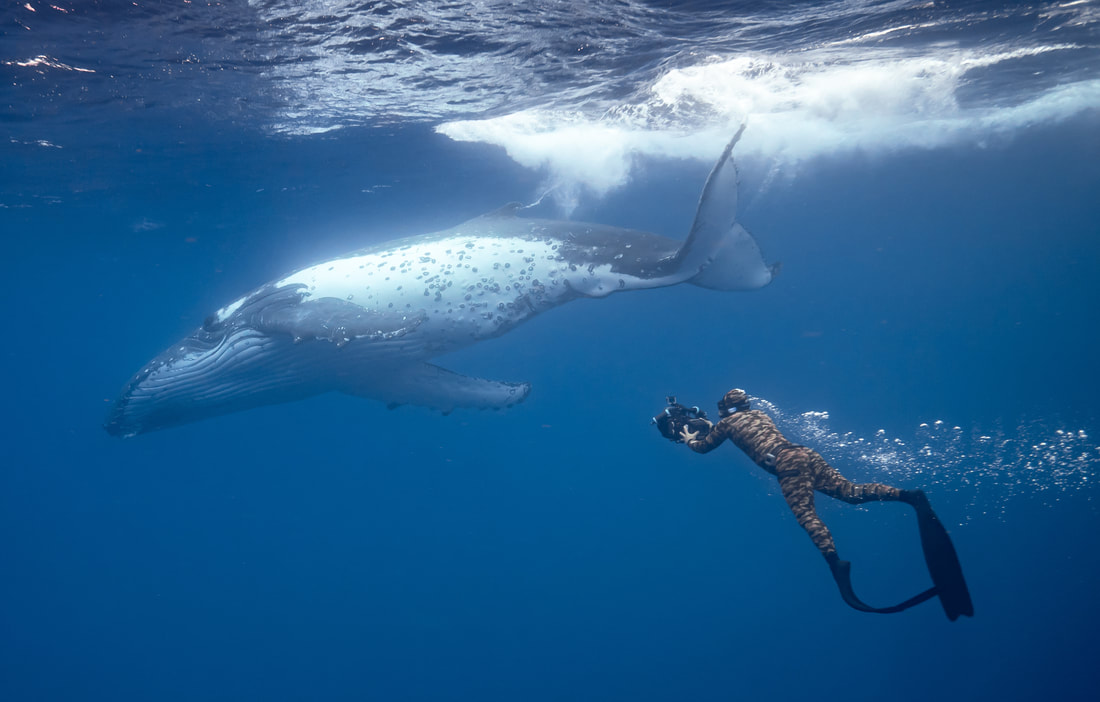|
By Nadia Dalimonte Watson (2020) From award-winning documentarian Lesley Chilcott, Watson dives into the life of Captain Paul Watson, the co-founder of Greenpeace and founder of Sea Shepherd. He has spent most of his life sailing across the world to protect the ocean’s wildlife and its habitat from destruction. His advocacy goes beyond spoken word and into territory of aggressive confrontation, as he challenges the cruel illegal activity of whaling vessels, seal hunters, and shark finners. In the words of Paul Watson, he can’t bear witness to this kind of activity. He takes matters into his own hands with what he refers to as aggressive non-violence, which sometimes puts him in dangerous situations for the purpose of raising awareness.
The narrative anchor of Chilcott’s documentary is a collection of one-on-one interviews with Watson. He tells his own story of how he became a fully engaged activist, and at what cost (both personally and professionally). His work had him out at sea most of the time, keeping him away from family responsibilities back home. He was known to physically put himself in harm’s way, whether it be standing in front of a whaling vessel or taking a seal from the hands of a hunter. At 19 years old, he had the audacity to start directly challenging the people profiting from cruelty, which landed him in hot water from numerous angles. His aggressive activism, once commended early on for shining a light on Greenpeace, was later condemned and he was forced out of the organization. According to Captain Watson, it’s the best thing that could’ve happened, because he then founded an anti-poaching organization called Sea Shepherd. This meant he got to continue his work, on his terms, in turn influencing a sea of volunteers eager to share their passion. Chilcott paints a passionate and flawed portrait of a man willing to put the ocean first by any means necessary. The documentary begins with a commentary on the fascination human beings have with whales’ intelligence and size, among other features. The sheer beauty, curiosity, and self-awareness of these creatures are a marvel. Starting the narrative in a loving embrace with whales, and ocean life in general, further enforces the urgency of protecting them (and of course their habitat). Captain Watson is positioned as the protective hero, and being exposed to his work having not known about it provides a strong sense of encouragement about his accomplishments. This kind of positioning doesn’t leave a lot of room for critique, and there are some moments that fall flat, particularly when the documentarian tries to raise the stakes with certain questions. But listening to his insight is incredibly inspiring, mainly when on the subject of his work. The documentarian balances interview clips of him with a combination of breathtakingly beautiful underwater shots and often times horrific archival footage of cruelty. The stark contrast shown between the beauty of ocean life and the harsh reality of what’s being done to it further drives the point of this documentary home. One particular moment caught on film, where Watson and his team try to rescue a whale in a position that is vulnerable to an approaching whaling vessel, depicts why Watson devoted his life to this work. The narrative of Watson often poses the question: ‘if not me, who will stand up for these creatures and Earth?’ The ocean is home to three quarters of life on the planet. If the ocean dies, we die. The devastating effects of climate change and continuous illegal activities that threaten the ocean’s living space give this documentary a burning urgency. Watson leaves behind a depressing but encouraging feeling that there are people in the world acting beyond words to make a difference and raise awareness on this subject.
0 Comments
Leave a Reply. |
Archives
June 2024
Categories |


 RSS Feed
RSS Feed